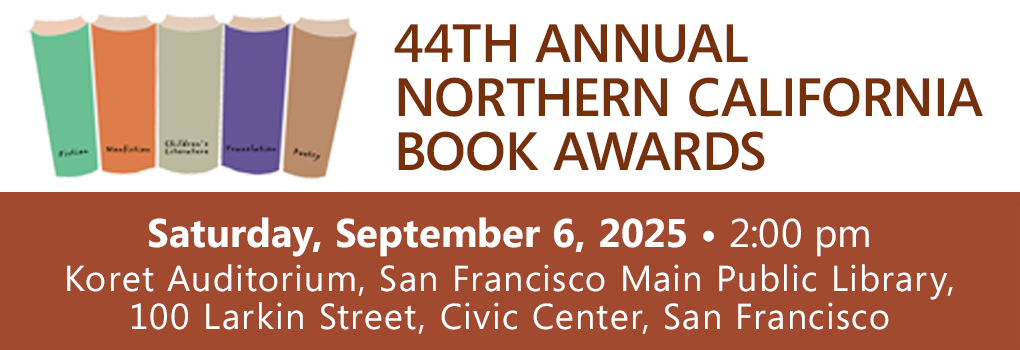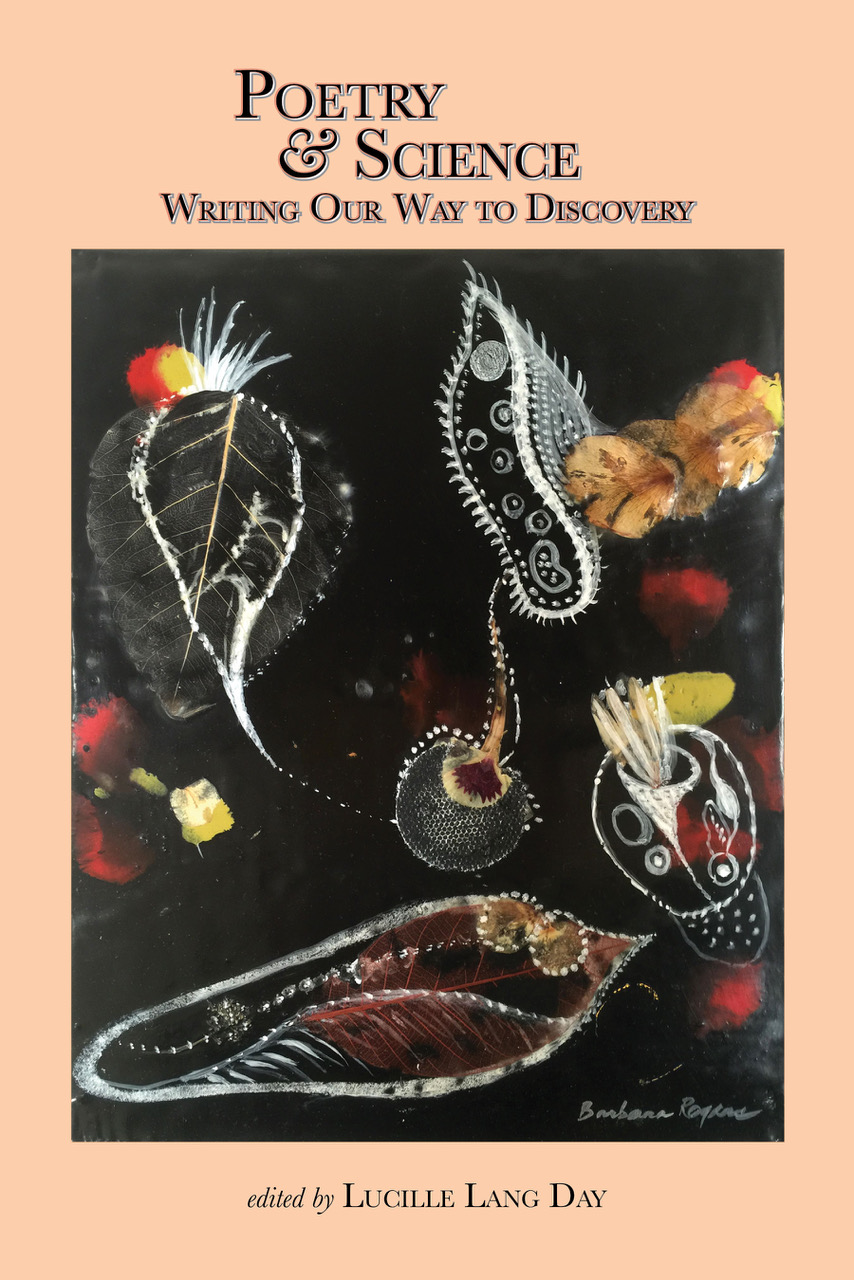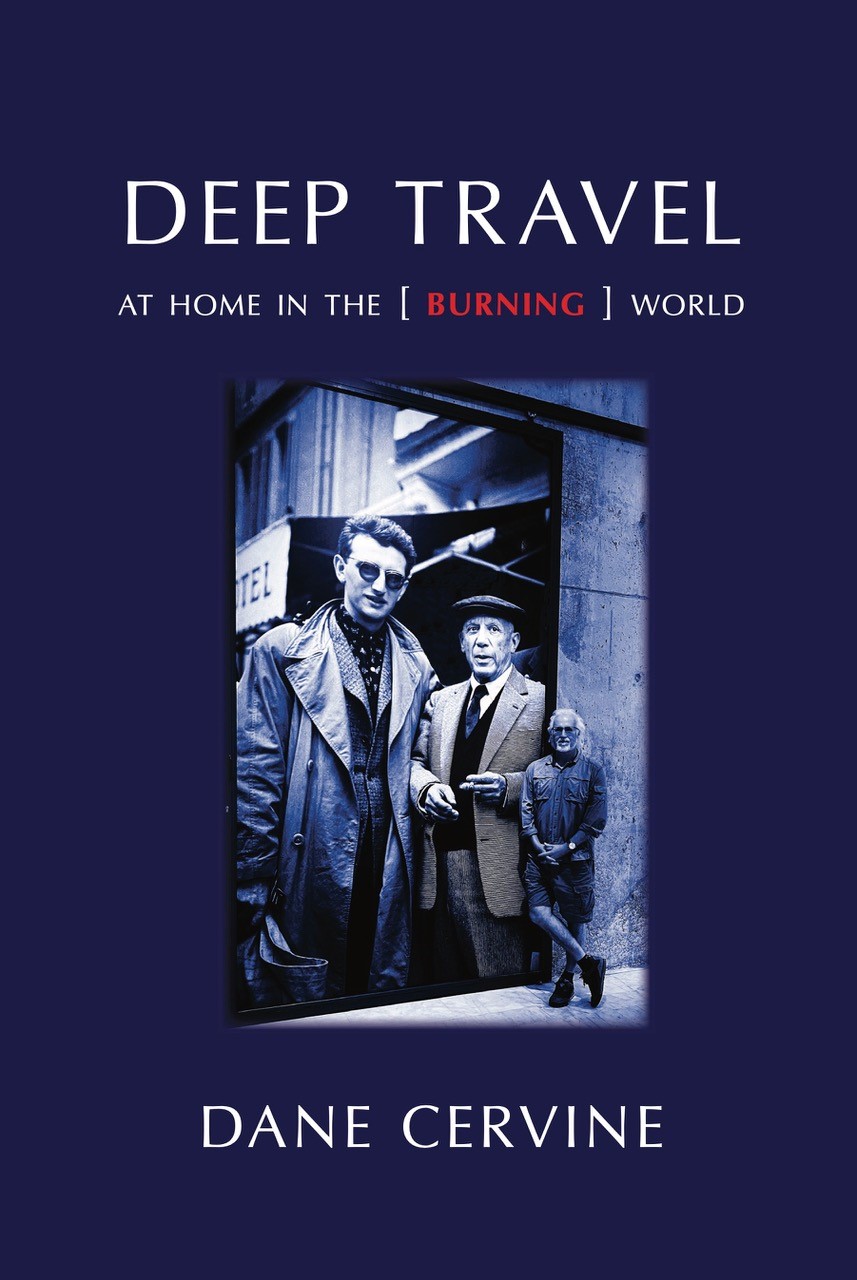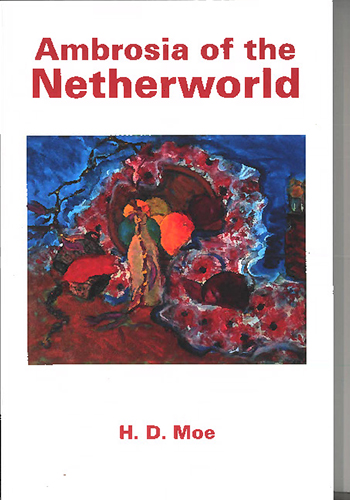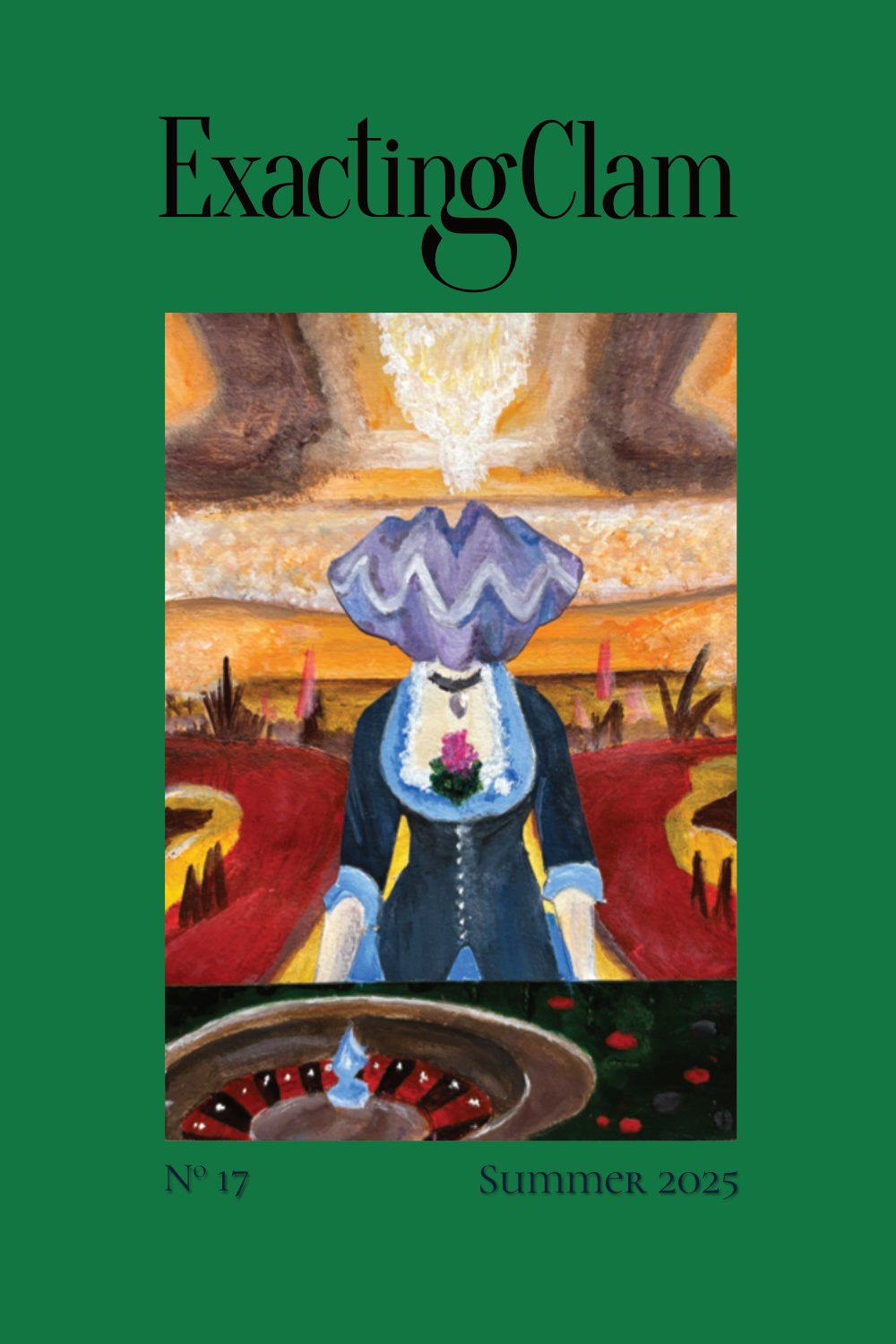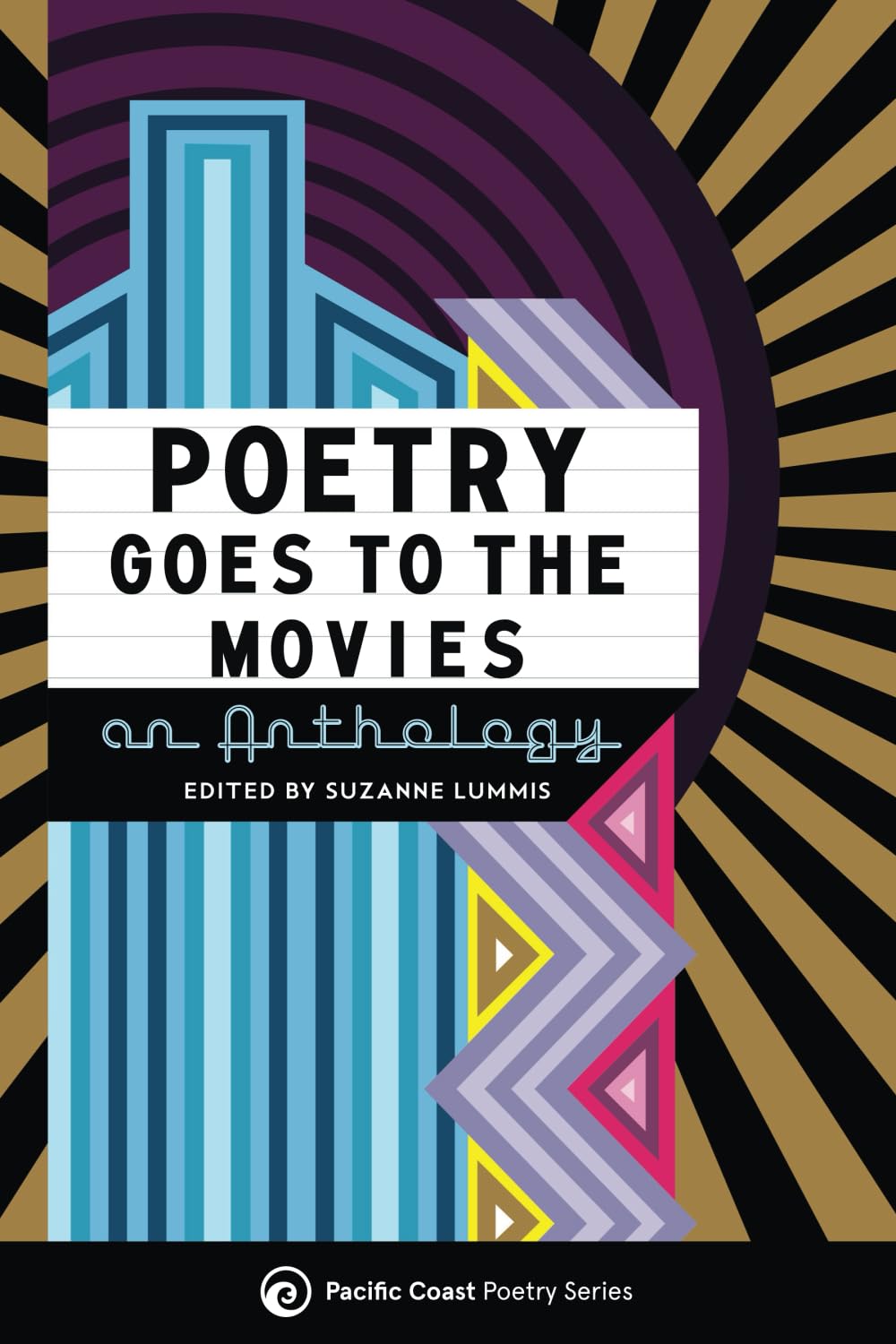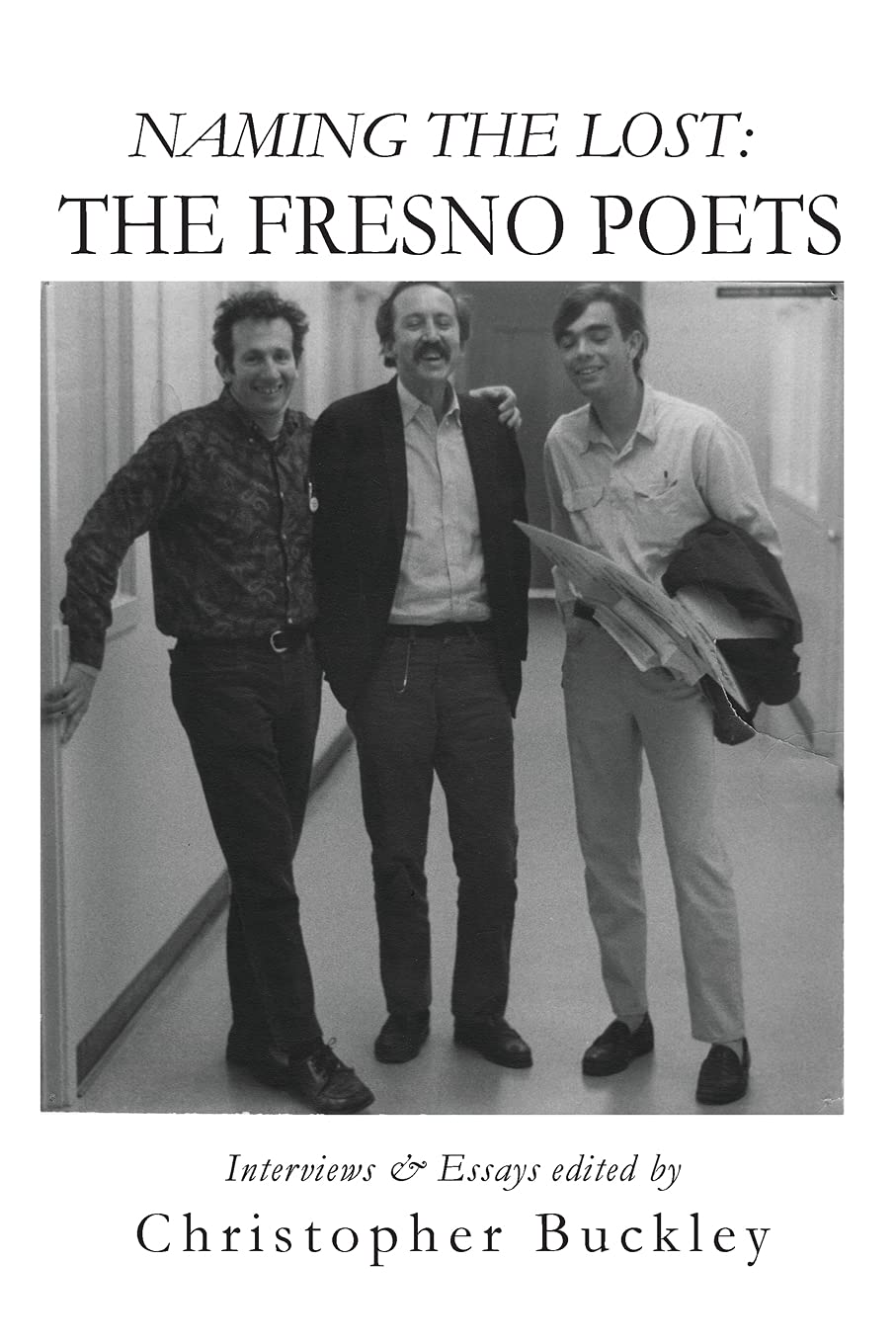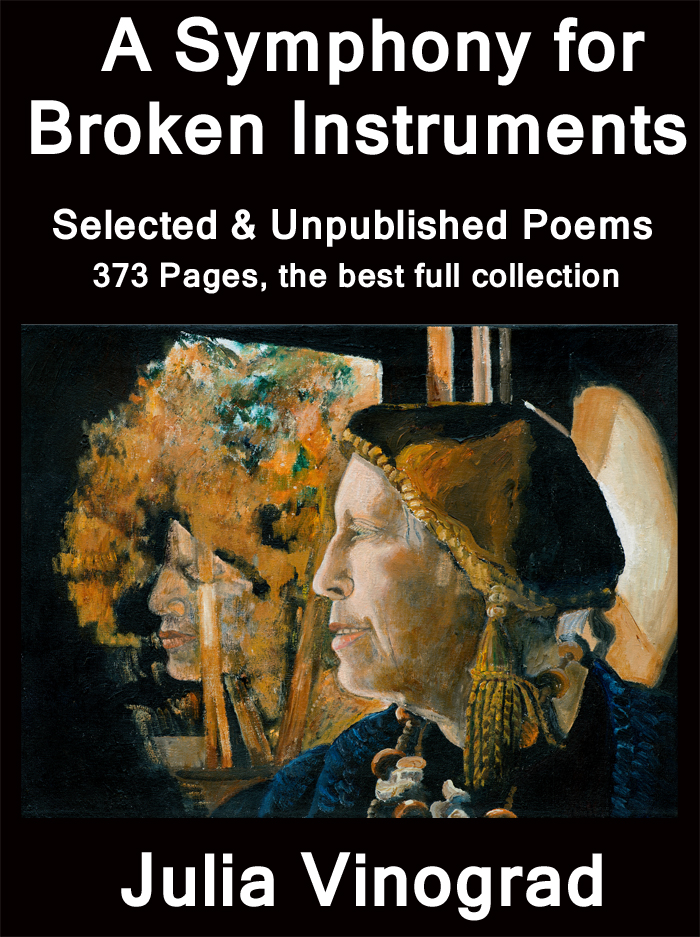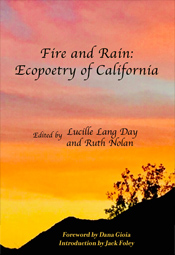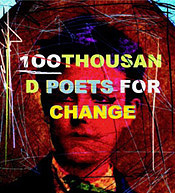POETRY AND HEALING
Poets as Healers: The Legacy of Robert Bly (1926-2021)
by David Shaddock
This regular column for Poetry Flash looks at poetry to illuminate issues relevant to health, mental health, and coping with our lives today.
I USUALLY WAIT for a topic to come to me for these columns, but the death, on November 21, 2021 of Robert Bly dictates a column. Perhaps more than any poet of our time, Bly insisted that poetry held the key to our healing, both to our individual suffering and to society's. Bly not only believed this, he embodied it. His readings had the feel of a religious gathering, with poems read several times and a devoted audience hanging on his every word. His prose books about society's ailments such as Iron John: A Book About Men or The Sibling Society went beyond the descriptive to the prescriptive. A co-founder of American Writers Against the Vietnam War, political engagement was a hallmark of his work. "The Teeth Mother Naked at Last," with its mixture of documentary and surrealism, stands as a lasting example of the possibility of anti-war poetry.
Our current MFA and white-privilege-deconstructed poetry world is orthogonal to Bly's public persona. The men's movement that he hoped would help men and boys connect more with nature and their own wildness has not gained much traction in our polarized environment. Poems emerge in solitude, out of the confrontation between the self and silence. There seems to me to be an inherent contradiction between that and the poet as charismatic spokesman. Bly was aware of this and from time to time would try and take space from the world to focus on his own work. It was with great sorrow that I greeted the news that he suffered from dementia for the last years of his life, resolving this contradiction from without. For myself I am not so much attracted to the preachy side of Bly's work as to the glimpses of human vulnerability and aliveness his poems offer. What I thought I could do in this column is recall some personal memories and point out what I think are some important contributions he made to the project of healing through poetry.
I met Robert at a two-week poetry workshop in Port Townsend, Washington in 1979. I was a junior faculty, and thus was afforded the opportunity of giving a public reading. I read my dolphin poems, accompanied by a recording of dolphin sounds. At a reception, he confronted me about the use of the recording. "What right do you have to appropriate those dolphins?" he asked. The implication was that I was guilty of some kind of disrespect or narcissism. "I don't know, I just feel drawn to them, like they are a totem animal." He may have said something like "well the next time you should ask them," or that may be the message I took away. I realized, after I got to know him better, that this was just a kind of Bly-schtick, meant to get me thinking, not to make me feel chastised. Another time he asked me about my relationship with my own father. I told him that my father had died when I was fifteen. He put his arm around me with sincere caring, then announced to all who were around, "His father died when he was fifteen," marking my personal history as an example of the collective grief men have toward their fathers.
Bly's recognition that my unexpressed grief toward my father was central to my life was extremely valuable to me, especially coming from a revered poet. But in this and other encounters with Robert I never was clear exactly where I stood: was his caring personal, or was I an example of something? I always got a warm reception when we met, and one time after I loaned him my copy of one of his books for a reading, he sent me signed copies of everything he had ever written. But I felt it would be a mistake to become an acolyte, and I was never drawn to his drum-infused men's retreats (though I didn't disrespect what he was doing either.)
Beyond considering his public persona, I want to honor Bly's contributions to the idea that poetry is healing. I can immediately think of two ways Bly's work expressed the healing power of poetry: his insistence that the mind itself was shapely, and his inclusion of psychological issues, especially the necessity of grief, in his poems.
Bly has been associated with the deep image school of poets like James Wright, who focus in the revelatory qualities of a poetic image. But for Bly it was the poem's process that was revelatory: meaning emerged not from a single image but from the flow of his poetic imagination. The surrealism in his poems is not the French surrealism of absurdity, but the Latin American surrealism of hidden realities. Here's a passage from his great anti-war poem, "The Teeth Mother Naked at Last:"
There is a black silo inside our bodies, revolving fast.
Bits of black paint are flaking off,
where the motorcycles roar, around and around,
rising higher on the silo walls,
the bodies bent toward the horizon,
driven by angry women dressed in black.
As in psychoanalytic free association, Bly's imagination yields images of the traumas of life at wartime. Allowing for the play of these images is important in a political poem, where didacticism might dominate. His Jungian-inspired belief in the shapely collectivity of our unconscious minds did not lead him to a first-thought-best-thought poetics. He revised constantly, and worked to fit his surrealism into his larger themes. A model for psychological health it seems, where we need to not let our inner voices dominate, but not to suppress them either.
In one of his last poems, "Keeping Our Small Boat Afloat," Bly writes:
It's hard to grasp how much generosity
Is involved in letting us go on breathing,
When we contribute nothing valuable but our grief.
But our grief is valuable, Bly maintained, and ignoring or suppressing it leads to violence. At his best, Bly was able to distill grief like the Tang haiku masters. In his poem about a grieving father, "Snowbanks North of the House," he writes:
And the sea lifts and falls all night, the moon goes on
through the unattached heavens alone.
The toe of the shoe pivots
in the dust …
And the man in the black coat turns, and goes back
down the hill.
The disembodied shoe, along with the autonomous sea and moon, tell us more about the way grief lives us, rather than us living through it, then a hundred textbooks. In an anthology of poems for men, The Rag and Bone Shop of the Heart, Bly wrote that "melancholy is a wide road to God." This is what Robert Bly leaves us with, channeling Kabir and Vallejo and Rilke: a guide for turning our hardest feelings into poetry, and then into spirit. ![]()
David Shaddock PhD is a poet and psychotherapist. His most recent poetry book is A Book of Splendor: New and Selected Poems on Spiritual Themes. He is also the author of Poetry and Psychoanalysis: The Opening of the Field, from Routledge, and two books on relationships and couples therapy. He lectures widely on those topics, and maintains a private practice in Berkeley.
— posted JANUARY 2022




